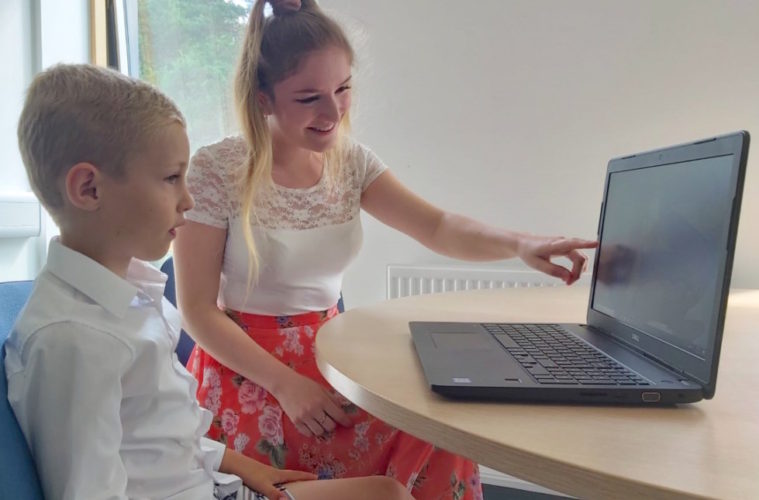Psychologists from the University of Bath have partnered with local schools to work out how well children understand other people – using cartoons!
A team of psychologists at the University of Bath, led by Dr Punit Shah, is exploring how well children understand other people. “By investigating this process in children, we can begin to understand how and when humans develop this important social ability”, explained Rachel Clutterbuck, a PhD researcher from the Department of Psychology at the University of Bath. “We can also learn about people who have difficulties in understanding others, for example, those with autism”.
As part of this study, the psychologists show the children clips from Tom and Jerry cartoons and then ask them questions about the characters’ thoughts and beliefs. “Humour in cartoons usually arises because the characters are unaware of something, so this makes funny cartoons a useful tool to explore how well children understand the characters’ thoughts,” explained Rachel.
Lois Player, a researcher working on the project, hopes that this study may lead to more scientific interest amongst children. “By using cartoons that the children enjoy watching, we see better engagement in our research and this gives us a clearer idea of their abilities. The research could also lead to children having a greater interest in science, showing them that not all science occurs in lab coats and that it can be fun and exciting.”
Among the children who have taken part in the research are four to eight year olds at Moorland’s Infant School in Bath. Staff at Moorlands school reported the experience as an excellent opportunity to engage young children in a fun and enjoyable activity whilst supporting research from the local university.
The project, which will continue throughout 2019 and 2020, will lead to the first psychological assessment of social skills and difficulties in children using video animations. “In this research, we are aiming to gain a good idea of social skills across ages and how they may develop, so it is important that we work with as many children as possible”, added Lois.
The team involved are planning to introduce the research to children from other Bath schools in the autumn term.
“Any school head teachers who are interested in getting involved with the research are welcome to get in touch,” explained Rachel. “Similarly, any parents, with children aged four to eight years, can visit the university and participate in the research during the summer holidays. To book a place, contact the researchers at email hidden; JavaScript is required.”


